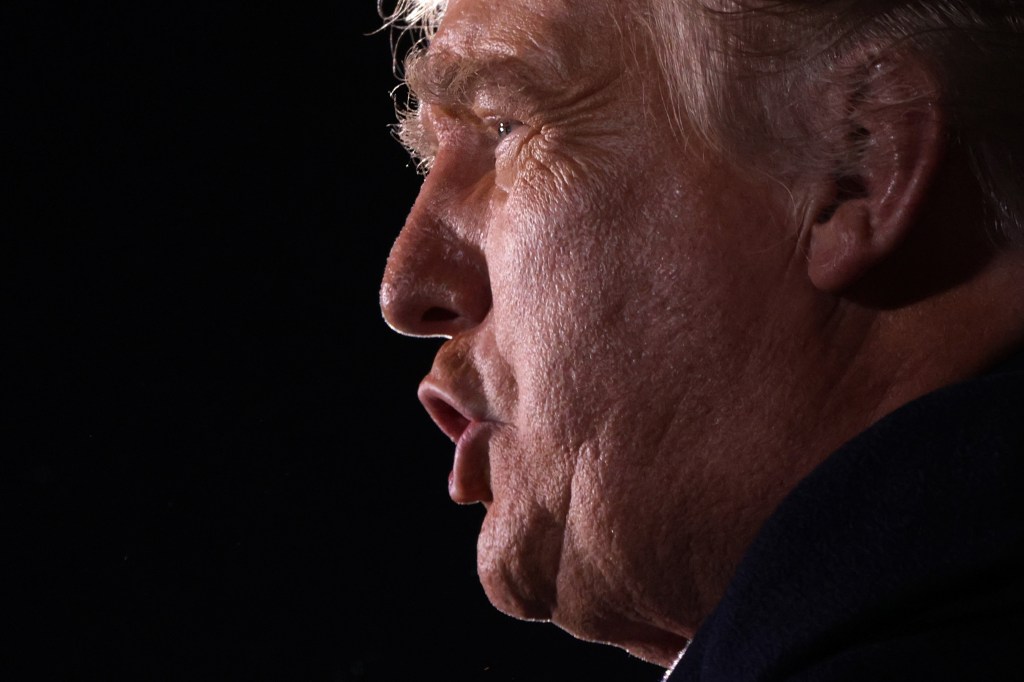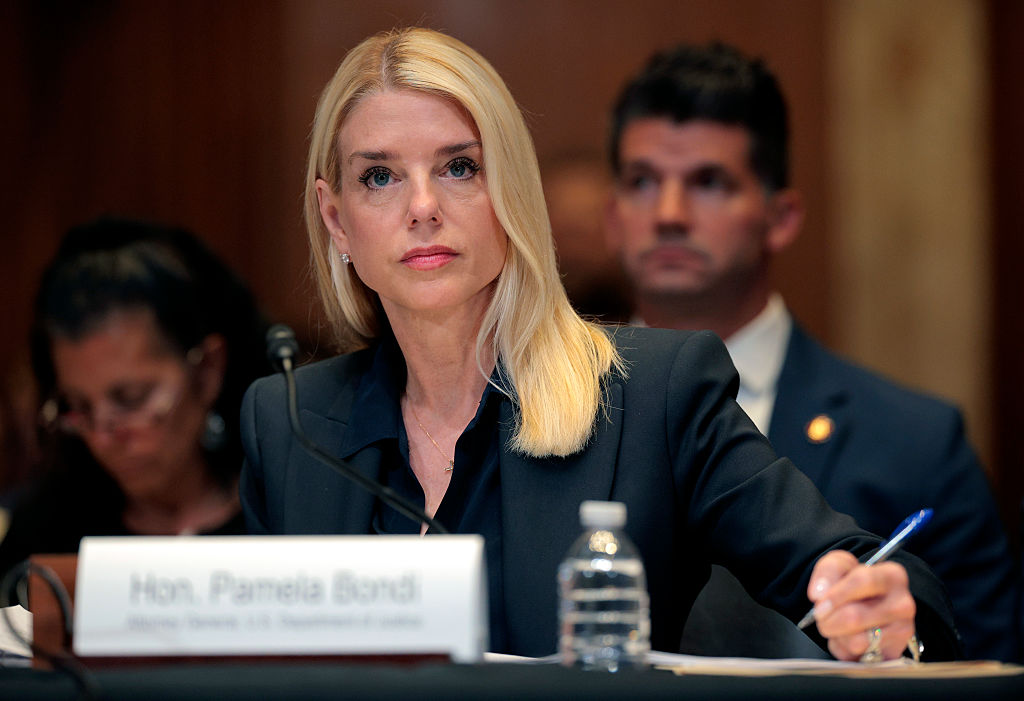Facebook and Twitter’s decision to suspend Donald Trump is, legally speaking, fairly clear-cut. Both are private companies which set the rules on who is — and isn’t — allowed to use their sites. Even if you’re the leader of the free world you have no automatic right to a Twitter account.
The same logic applies to Parler — the self-described ‘unbiased’ social media platform — which has been booted off Google’s app store over its refusal to remove ‘egregious content’. As with Facebook and Twitter, Google Play is perfectly within its rights to select what apps it will and will not host.
But that doesn’t mean there won’t be serious consequences that arise from these decisions. Frustrations from both sides of the political divide have boiled over in response to the President’s social media ban. Republican senators and the American Civil Liberties Union are unhappy at the decision to suspend Trump. Even self-described socialist and Bernie Sanders supporter Emily Ratajkowski has lambasted the decision as one that could put left-wing groups at risk of being banned in the future.
For Big Tech, the decision to suspend Trump — and act against Parler — raises three major problems.
First, by banning the sitting president of the United States, Twitter and Facebook find themselves under significantly more pressure to apply this hard-line approach across the board. If, as both companies have claimed, Trump’s indefinite suspensions are due to fears that he will incite further violence (a perfectly legitimate reason, given the messages the President put out over the past 48 hours), why is a tweet from Iran’s Supreme Leader encouraging the eradication of Israel still doing the rounds? If Trump’s egregious tweets from the last few days have really set a new standard, surely Twitter will also suspend Ali Khamenei from the platform now?
Twitter didn’t stop last night with Trump’s personal account. The company deleted tweets sent out from the official government @POTUS account which appeared to be from the President. It also suspended several more accounts, including one belonging to Trump’s aide Gary Coby, when it looked like the President was trying to get his message out from these channels. Twitter is within its right to do this, but the more it deletes and suspends due to disapproval, the more it seems like accounts and tweets that remain untouched have de-facto approval from the platform.
What to make, then, of a tweet from an official US government account being deleted, but propaganda from Chinese government accounts remaining on the platform? Around the same time as Trump’s suspension, Twitter removed an egregious tweet from the Chinese Embassy in US account which framed the forced sterilization of Uighur women in China as a form of female empowerment. This might suggest the company is aware of its new vulnerability to accusations of hypocrisy.
But plenty of similar posts have been shared by the Chinese government account — and as of today remain on the platform — which spread disinformation about the detainment and alleged modern-day genocide of the Uighur people. If Twitter is going to take down content it deems dangerous no matter how powerful the government or person who shared it, it will increasingly be judged with the content it leaves up as well.
The second problem for the tech giants is how these suspensions are interpreted. From a constitutional perspective this isn’t really a First Amendment issue — which protects American’s rights to speak freely without threat from government — but that will not stop people from interpreting it as an attack on free speech.
Accusations of censorship might not have Big Tech shaking in its boots just yet. Users are unlikely to abandon these platforms, as there are no meaningful alternatives where they can decamp. But this leads on to the third dilemma for these companies and possibly the biggest threat to their future operation. Appetite has grown in the past few years to further regulate and reclassify the Tech Giants. Last night’s actions have undoubtedly accelerated many groups’ desire to do so.
The debate over whether these sites are platforms or publishers has been going on for years. Facebook has been insistent that it is the former: a global internet forum, not a media company; a website where people share the news, not one where people craft the news. It’s a strong argument, but one that grows weaker the more these companies act like publishers, as they did last night. Removing content that they thought incited violence is one thing, but stopping Trump from sharing anything further on their platforms could be interpreted as deciding an editorial line. It is certainly an example of moderating content.
***
Get a digital subscription to The Spectator.
Try a month free, then just $3.99 a month
***
In the next few years, Big Tech will be dealing with a Democrat-controlled Congress in Washington DC, which has been wanting to wrap the tech giants in more red tape for some time. There is even talk of breaking them up. Getting rid of Donald Trump on their platforms last night will not have appeased the Democrats but given them a prime example of Big Tech acting as a publisher, suggesting they could do it more frequently if required by law.
But could they really? These platforms host billions of people worldwide and are designed to share news and opinions in real time with the aim of facilitating conversation. If these platforms find themselves regulated like the newspaper industry, it would be near-impossible for them to operate without the user experience being significantly downgraded. Now, many groups who would have defended tech giants against publisher status are unlikely to come to their defense, having undermined the principle of free speech in their eyes by suspending the leader of the free world from their platforms.
Trump, unsurprisingly, is furious with Big Tech this morning, having lost his preferred channels of communication to the public. But in the months to come, these companies may become quietly frustrated with certain quick-fire decisions they made. Precedents set around crackdowns on speech rarely lead to good outcomes for anyone.
This article was originally published on The Spectator’s UK website.

























